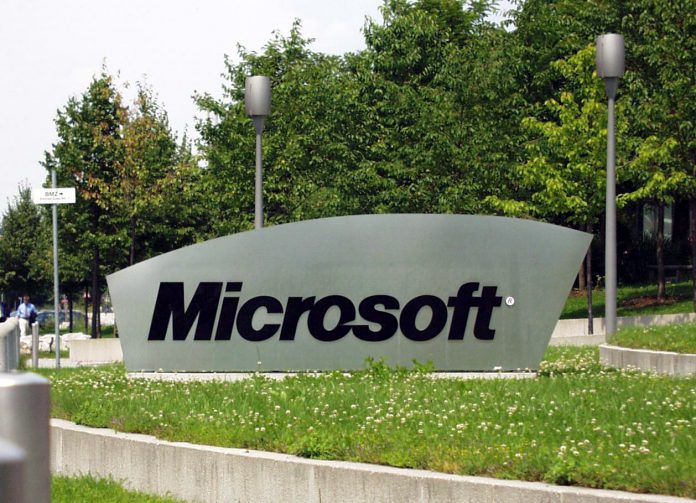Microsoft yesterday announced the acquisition of Kinvolk GmbH, the company behind Flatcar Container Linux. The company did not say how much the purchase cost, but the move furthers Microsoft’s presence in the open source landscape.
If you’re unfamiliar with Flatcar Container Linux, it is a Linux distribution built specifically to handle container workloads. Kinvolk positions the distro as providing low maintenance and robust security in container environments.
In a blog post, Microsoft Corporate Vice President of Azure Compute, Brendan Burns says Kinvolk GmbH will now fold into the Azure team. More accurately as part of the team working on Azure Kubernetes Services (AKS).
Azure Kubernetes Service was launched in preview during 2017. With the service, Microsoft is giving cloud customers the ability to get automatic upgrades, a hosted control plane, and self-healing capabilities. Azure customers are able to scale clusters more easily for the first time.
Kinvolk will also help with Azure Arc, Microsoft’s management service for hybrid cloud environments. Finally, the Kinvolk team will also help with “future projects that will expand Azure’s hybrid container platform capabilities.”
Of course, the company will also continue with the development of Flatcar Container Linux:
“In addition, Microsoft respects and wants to learn from the Kinvolk team’s great track record in starting, building, and nurturing open source community projects, and Microsoft is committed to maintaining and building upon Kinvolk’s open source culture. The Kinvolk team will remain active in their existing open source projects and will be essential to driving further collaboration between Azure engineering teams and the larger open source container community.”
Embracing Open Source
This acquisition speaks to Microsoft’s dramatic shift within the open source community over the last decade. Once a company that derided open source, Microsoft was at war with the concept for nearly 20 years. Under the tenure of CEO Satya Nadella, the company has embraced open source with the Microsoft Loves Linux mantra.
That willingness to explore open source may have come more from necessity than desire, but it is something Microsoft has built on. Last year, Microsoft president and chief legal Brad Smith claimed the company’s stance on Linux, and by relation the entire open source community, put it on the wrong side of history.
“Microsoft was on the wrong side of history when open source exploded at the beginning of the century. I can say that about me personally,” Smith said in a talk about hot computing topics at MIT’s Computer Science and Artificial Intelligence Laboratory (CSAIL).
“The good news is that, if life is long enough, you can learn … that you need to change.”
Tip of the day:
Did you know that a virtual drive on Windows 10 can help you with disk management for various reasons? A virtual drive is just simulated by the platform as a separate drive while the holding file might be stored anywhere on your system.
The data in the drive is available in files or folders, which are represented by software in the operating system as a drive. In our tutorial we show you different ways how to setup and use such virtual drives.




